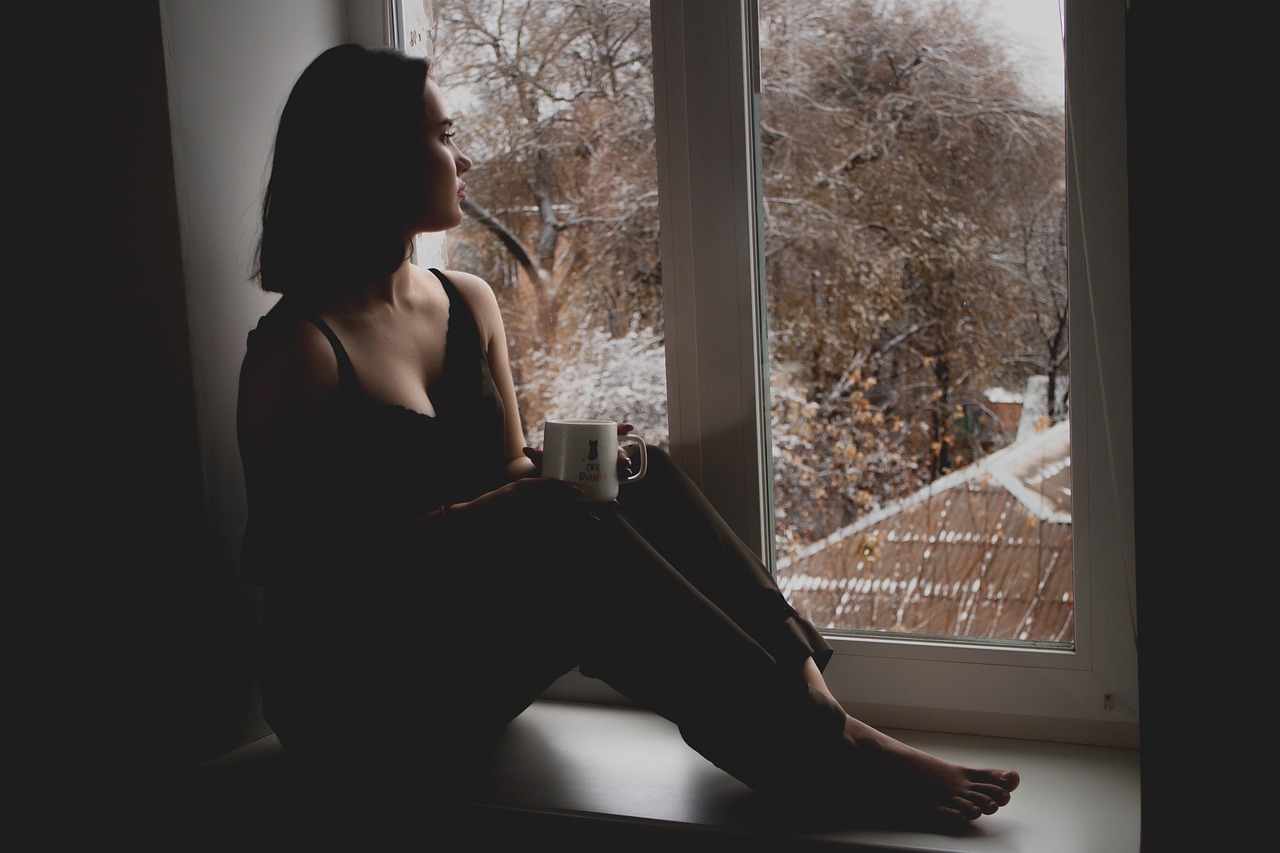Seasonably Sad – How to Manage Seasonal Affective Disorder
If you find yourself feeling depressed during winter months, it may be more than winter blues. Seasonal affective disorder (SAD) affects five percent of the population with up to 20 percent affected with mild cases. SAD may cause a change in serotonin and bring depression around the holiday season.

The symptoms of seasonal affective disorder are similar to depression but occur at the same time every year with no symptoms for the rest of the year. In fact, a diagnosis is only made after two years of the symptoms occurring at the same time during the winter months.
Symptoms of Seasonal Affective Disorder
It can be tough to distinguish SAD from other types of depression. Symptoms of SAD often include:
- Depression
- Anxiety
- Lethargy
- Loss of self-esteem
- Mood changes
- Changes in sleep
- Social avoidance
- Sexual problems
Although the incidence of SAD occurs more frequently in northern latitudes, it can occur in other places and typically affects women more than men. With the days getting shorter and colder, even here in Florida, it is important to be aware of SAD and to seek treatment when needed.
What to Do About SAD
The first thing to do is determine if you have SAD or another form of depression. Only a mental health professional can make that diagnosis. Also, a professional will be able to help you recognize it and work through it. Once you confirm you have SAD, there are some other ways to try to diminish the symptoms.
Get Social
If you know you have SAD, it is a good idea to try to plan social activities to avoid the feelings of isolation and loneliness SAD can sometimes bring. If the weather cooperates, try to plan some outdoor activities with friends or loved ones. If you can’t make it out, setting up Facetime or Zoom calls can also help prevent feelings of depression and isolation.
Let There be Light
Did you know there are devices to help with winter’s lack of light? Along with getting as much natural sunlight as possible, consider adding a device to help you obtain more light. The options are:
- Light therapy boxes- these devices give off artificial light far greater than regular lightbulbs to mimic sunlight. They are capable of boosting your mood and alleviating symptoms of SAD.
- Dawn simulators – these devices allow you to wake up the way nature intended – with light. Like an alarm clock without the alarm, they wake you with light that gradually increases like a rising sun.
Medications
For some cases of SAD, medications like prescription antidepressants can help you get through the months occurring from fall to spring.
Exercise
Exercise does wonders for combating depression and is also great for fighting SAD. Exercising outdoors is especially effective against SAD, but if you can’t make it outdoors due to the weather, try a treadmill, gym, or yoga classes.
Routine
SAD can cause difficulty sleeping, but keeping a routine and schedule can help you get up in the morning and go to bed at night. A regular routine also ensures you get enough light. Even when you are indoors, create as much natural light as possible. Open your curtains or blinds. Natural light is brighter than artificial and is a natural enemy of SAD.
Vitamin D
Low vitamin D often coincides with SAD. Getting enough sunlight and eating foods rich in vitamin D can relieve symptoms. If you are unsure about whether a vitamin D deficiency might be playing a role in your SAD, talk to your doctor about a blood test to check your levels. Your doctor can prescribe a strong supplement if your levels are low.
Seasonal affective disorder can be disruptive and difficult to manage. Bringing feelings of guilt, isolation, depression, anxiety, fatigue, low self-esteem, or other unpleasant feelings, SAD is not an easy condition to have. Finding ways to manage it and seeking help when you need it can get you through the season and help you stop feeling the negative effects of SAD.
If you need to talk to someone about feelings of depression in Jacksonville, FL, or the surrounding areas, reach out to our gifted counselors at the Jacksonville Center for Counseling.

